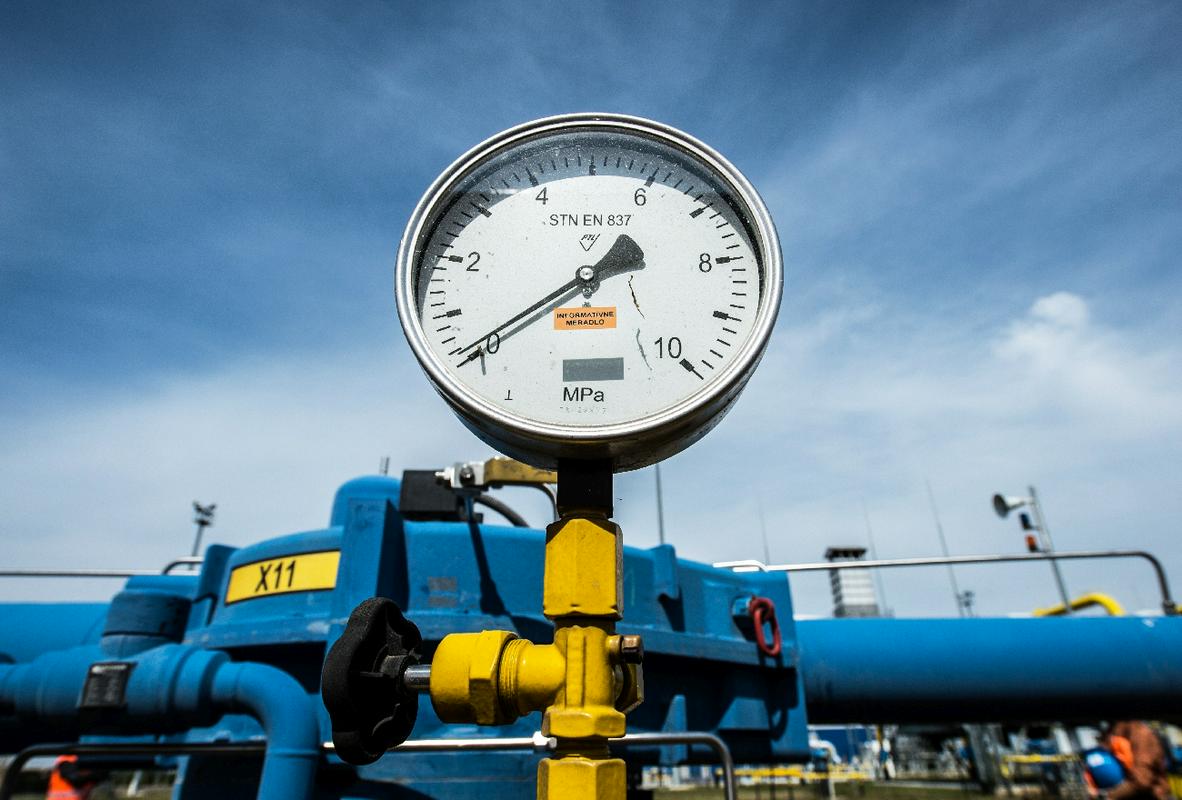
It might as well be a Russian way of putting pressure on the EU, however there is also the question of what will happen if Europe's market loses that quantity of gas. There are two factors when it comes to the price of energy - economy and geopolitics, and they constantly intertwine. Sometimes the price is more important and geopolitical factors are set aside. Other times it's the other way around. The most expensive energy is the one you lack. When there won't be enough gas in Europe, prices will become important.
"The Slovenian government signed an intergovernmental agreement with the government of the Russian Federation. Until now Russia has not officially informed us about any decision to cancel the project activities, which would influence the implementation of the agreement," is what the Energy Directorate from the Ministry of Infrastructure had to say about Russia's cancelation of the South Stream project.
Officials also emphasize that key decisions and commitments to invest on Slovenia's territory have not yet been adopted. In addition the project still hasn't received the necessary approvals from the European Commission. Therefore the ministry is of the opinion that such a decision by the Russian partners would have no significant consequences on Slovenia's part of the project.
However experts on the situation say Slovenia does stand to lose something with the cancelation of the South Stream project, and add that Slovenia's connection to a major pipeline would be of strategic importance.
Slovenia will miss the South Stream
"Slovenia's strategic interest should be connecting to one of the major international pipelines, which would always be able to provide gas," says political analyst Klemen Grošelj. A larger pipeline increases the chances of having a steady supply of gas.
The main reason behind Russia's decision to cancel the project is open to speculation. Some comment that the move is purely a Russian negotiating trick, while others say the main reason behind the decision is the low price of gas. "It might as well be a Russian way of putting pressure on the EU, however there is also the question of what will happen if Europe's market loses that quantity of gas. There are two factors when it comes to the price of energy - economy and geopolitics, and they constantly intertwine. Sometimes the price is more important and geopolitical factors are set aside. Other times it's the other way around. The most expensive energy is the one you lack. When there won't be enough gas in Europe, prices will become important. However at the moment the fact is that Europe is oversupplied with gas," says Grošelj.
Europe has long been dependent on Russia for natural gas. At the moment Turkey is becoming a key player on the energy market. The next big gas supplier for Europe is Algeria i.e. the unstable north of Africa.
A step closer to the gas terminal
"The gas terminal is a reality. The question is only where: on the Croatian island of Krk or in the Gulf of Trieste. It will most likely be built in the Gulf of Trieste. Italy will make a strong push for its case within the European Commission, which will have to accept the project," believes Grošelj. He also stresses that gas coming from a pipeline is still by far the cheapest option. Vojko Bernard from the Alpe-Adria Green environmental organization has been fighting, together with other environmentalists from neighbouring countries, against the construction of the gas terminal in the Gulf of Trieste for years. He warns that Italy will now also try revive the project of a gas terminal in Aquilinia (Žavlje), right next to the Slovenian-Italian border.
Cerar: Russia's decision is not surprising
"The news was expected and does not surprise me. I still haven't received any official information with regards to the project, but it in a way it was already publicly announced. I think that this position should not surprise us, as it was expected considering the latest developments," the STA news agency writes what PM Miro Cerar said on the sidelines of a ceremony recognizing Slovenia's most influential lawyers.
According to PM Cerar Slovenia has to respond by looking for alternative and renewable energy sources. "I see the solution in renewable energy sources and in a number of innovative approaches which would stimulate our economy and development," added Cerar.
Putin is pointing his finger at the European Commission
According to the STA the European Commission's response to the unexpected news of Russia stopping the South Stream gas pipeline project is that it will »take note of the matter«. The commission added that it would not judge whether the project was indeed dead. Announcing the decision on Monday, Russian President Vladimir Putin pointed his finger at the European Commission. According to Putin the cancelation of the project is the fault of the European Commission. Bulgaria stopped the construction of the South Stream due to pressure from the commission. The pipeline was supposed to run under the Black Sea from Russia into Bulgaria.
Gregor Cerar, T. H.; translated by K. J.
It might as well be a Russian way of putting pressure on the EU, however there is also the question of what will happen if Europe's market loses that quantity of gas. There are two factors when it comes to the price of energy - economy and geopolitics, and they constantly intertwine. Sometimes the price is more important and geopolitical factors are set aside. Other times it's the other way around. The most expensive energy is the one you lack. When there won't be enough gas in Europe, prices will become important.

































































